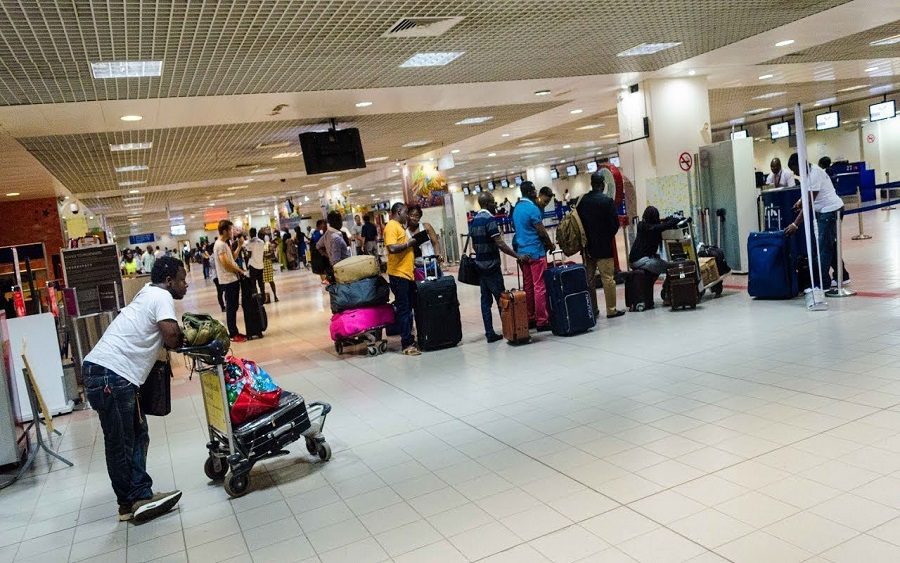In recent years, the “japa” wave has seen thousands of young Nigerian graduates and professionals relocate abroad in search of better opportunities. But for a growing number, the reality has fallen short of the dream, leading to what is now widely referred to as “japa regrets.”
Many returnees and struggling expatriates cite unexpected challenges from complex visa processes and underemployment to high living costs and social isolation as factors that have chipped away at their initial excitement. High relocation expenses and the burden of supporting family members back home only add to the disappointment.
The 9am News report examines the key drivers behind this growing wave of relocation regrets.
- Complex Visa and Work-Permit Processes
Some Nigerians arrive abroad with job offers, only to encounter lengthy and opaque work-permit procedures that delay employment. Employer-tied visas also limit career mobility, leaving many vulnerable if sponsorship changes. - Underemployment and Credential Devaluation
Professional qualifications from Nigeria often don’t get full recognition overseas. Engineers, teachers, and healthcare workers may be forced into low-paying, entry-level jobs far below their skill levels, reducing career satisfaction and growth prospects. - High Cost of Living and Unexpected Expenses
Cities with attractive salary offers can have exorbitant rents, transportation costs, and healthcare bills. Many find that their income barely covers essential expenses, leaving little for savings or remittances to family back home. - Social Isolation and Cultural Adjustment
Building a support system from scratch can be daunting. Language barriers, unfamiliar social norms, and limited social interaction often lead to loneliness and homesickness. - Remittance Pressure and Family Obligations
Relatives often expect migrants to start sending money home immediately. However, high remittance fees and currency exchange losses reduce the actual amount received, creating stress and guilt. - Limited Access to Career Development and Mentorship
While international experience is valuable, new migrants may struggle to find mentors, networking events, or structured career training, limiting their professional growth.
Experts say that recognising these challenges before relocating can help aspiring migrants make more informed decisions, develop sustainable plans, and avoid falling into the trap of relocation regrets.
Stay tuned to 9am News Nigeria for more Breaking News, Business News, Sports updates And Entertainment Gists.
















